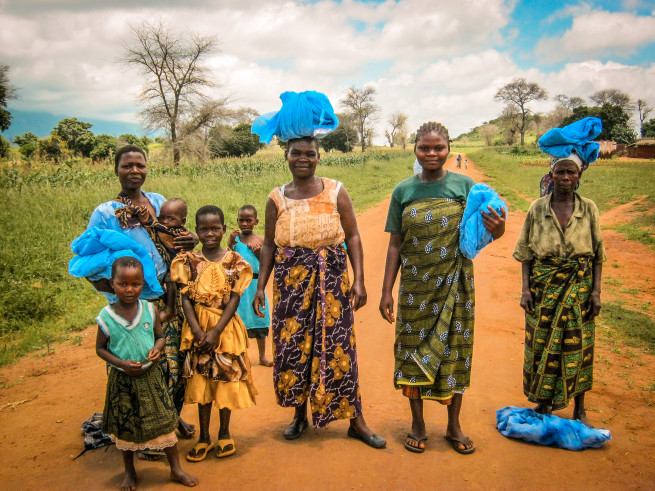Giving What We Can is a community of effective givers – an international society that helps people commit to giving more, and giving more effectively. Our members donate at least 10% of their career incomes to the charities they believe will help others the most.
Over the last year, our community has doubled in size. Our members have now collectively donated more than $10 million, and pledged over half a billion dollars! We have been testing out a range of ways to attract and retain new members, and seem to have found some to be really successful. Amongst these are setting up new local chapters and engaging in individual outreach. We would like to capitalise on this by scaling up some of the most promising avenues for attracting and retaining new members. To do so, we need to increase our team size. We've been lucky enough to have had really excellent applicants in our recent recruitment round. In order to carry out our plans — detailed in our fundraising prospectus — we need to reach our fundraising goal.
We think that the most relevant considerations for choosing whether to donate to us are our strong track record, and our plans for growth. But we also regularly calculate our effectiveness, to ensure that we are providing a substantial leverage ratio for our top charities. Our most up-to-date estimate for this indicates that for every $1 spent by Giving We Can, around $103 (counterfactually adjusted and time-discounted) will be moved to top charities.
Our budget for 2016 is £475,000, of which we already have £193,000 pledged. We therefore need to raise a further £282,000. You can find a full breakdown of our budget, along with details on our plans and our cost-effectiveness estimates on our fundraising page — you’ll also find a link with instructions for how you can donate. If you have any questions, please get in touch with me at michelle.hutchinson@givingwhatwecan.org.
If you decide to support us, I’d like to extend a huge thanks on behalf of the whole team — your generosity means that we can continue to help make the world a better place as effectively as possible.


Hi Kieran,
Glad it’s useful!
Sam’s covered most of what I would say, but on 4): I think he’s right that it’s difficult to know to what extent growth is down to particular actions of our staff versus other growth factors (although we do have a bunch more information than we did back then). There are a lot of different factors at play, and often there are a lot of necessary conditions for someone becoming a member. Often it’s difficult even to know the difference between ‘organic growth’ and ‘staff activities’ – does someone joining due in part to an action of one of our staff 3 years ago count as organic or staff? A couple of concrete examples: 1) the Cambridge pledge event last year seemed to get around 80 people to join who wouldn’t otherwise have joined. The pledge event wouldn’t have happened without the Cambridge chapter, which wouldn’t have started up without GWWC central. The central team also did various things to support the chapter, and built a website where it’s easy to join etc. But initiative was taken and work was done by a group of students acting mostly on their own. 2) Marinella has been writing to people who attended EA Global who weren’t yet members of GWWC – learning about how they found out about us, answering questions they have etc. 9 of the people she contact joined GWWC directly after / during their conversations with her. On the one hand, that seems concretely down to her reaching out. On the other hand, EA Global was also a necessary part. And on the other hand again, the GWWC staff were at EA Global and actively making people aware of GWWC and effective giving there.
Individual outreach of the kind Marinella has been doing, along with setting up chapters from scratch using chapter seeding, seems quite clearly to be attributable to particular actions by particular of our staff. But it's important to focus on only those kinds of really direct things. Advice from marketing seems to indicate that if you want to get people on board it’s important to have a strong brand, look professional etc. It would be very surprising if that wasn’t important for us too. That kind of thing isn’t really possible from organic growth. But it’s difficult to know precisely what effect it has – all we can do is learn as much as possible about what does and doesn’t work for other organisations, try things out, and see how it seems to affect our growth.
Personally if GWWC central closed tomorrow, I expect most of the growth would stop. There would be a remaining constant trickle of members from the website (providing at most linear growth, whereas GWWC has been growing faster than linear, and most members don't join just from reading the website alone). Initially there would be continued growth from the chapters too, but the numbers would start to shrink. You may get continued growth from the EA community promoting GWWC, but I expect it would be much smaller.
More concretely, GWWC staff right now pursue se... (read more)